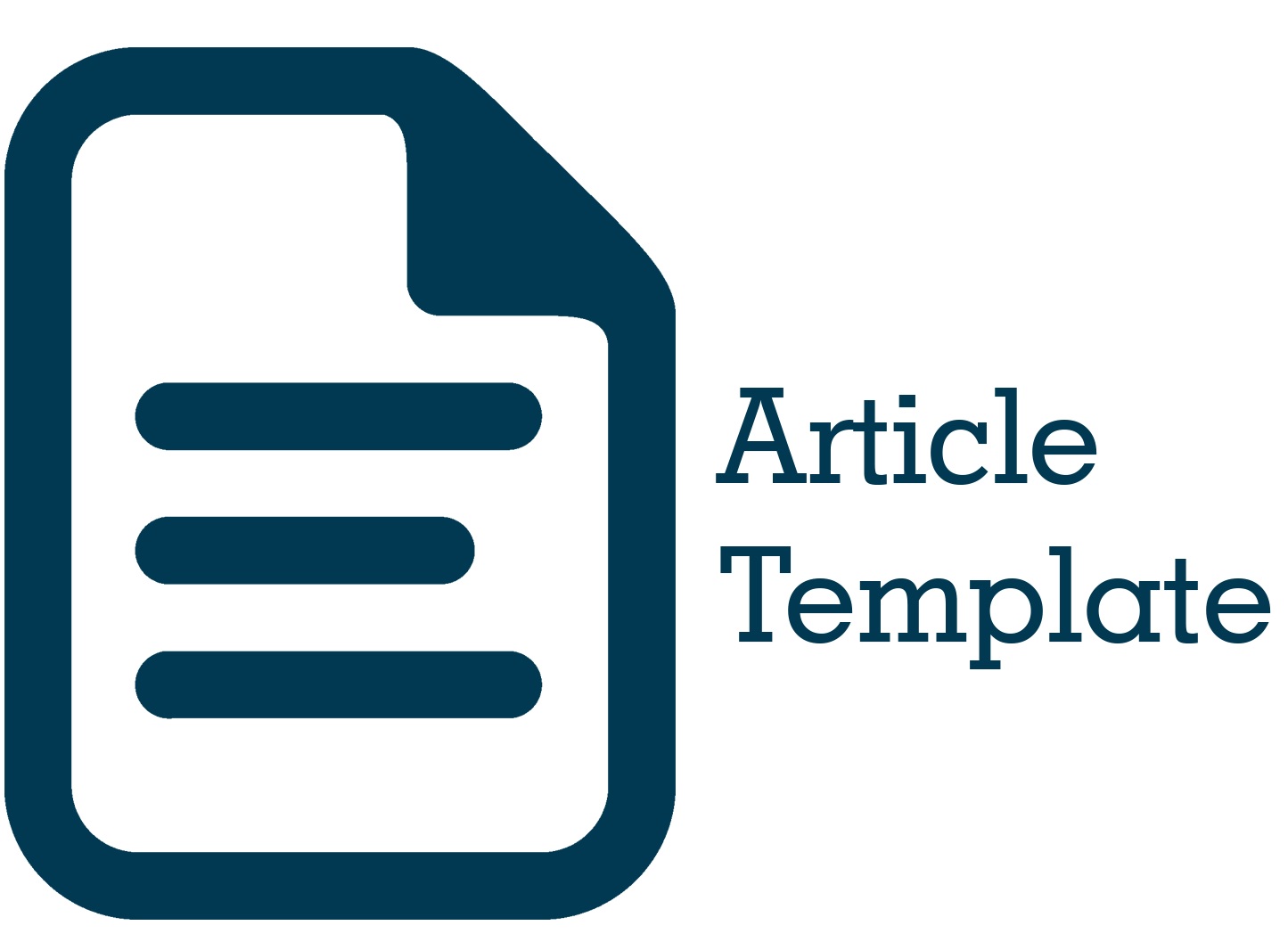Analisis Sektor Basis dan Non-Basis Terhadap Potensi Pertumbuhan Ekonomi
DOI:
https://doi.org/10.51135/PublicPolicy.v5.i1.p462-682Keywords:
Economic Growth, Basic and Non-Basic SektorsAbstract
This research was conducted to identify the evolving sektors as basic and non-basic sektors in the Maluku Province during the period from 2012 to 2021, and to determine their impact on the economic growth in the Maluku Province. The findings of this study indicate that the sektors evolving as basic sektors in the Maluku Province include agriculture, forestry, and fisheries; water supply, waste management, and recycling; wholesale and retail trade, repair of motor vehicles and motorcycles; transportation and warehousing; public administration, defense, and social security; education services; health and social activities; as well as other services. Meanwhile, the sektors evolving as non-basic sektors in the Maluku Province are mining and quarrying; manufacturing industry; electricity and gas supply; construction; accommodation and food services; information and communication; financial and insurance services; real estate; and corporate services. Furthermore, both partial and simultaneous statistical tests indicate that the influence of basic and non-basic sektor variables on economic growth during the period 2012-2021 has a positive and significant impact in the Maluku Province.
Downloads

Downloads
Published
How to Cite
Issue
Section
License
Authors whose manuscripts are published in the Journal of Public Policy must agree to the following terms;
- Publication rights for all manuscript materials published are held by the editorial board with the author's consent.
- The legal formalities for digital access to the Journal of Public Policy are subject to the Creative Commons Attribution Sharealike (CC BY SA) license, which means the Journal of Public Policy has the right to store, redistribute, reformat, manage in a database, maintain, and publish the manuscript without seeking permission from the author as long as the author's name is included as the copyright owner.
- Published manuscripts are open access for the purpose of disseminating research results. Besides this purpose, the editorial board is not responsible for copyright law violations.


.png)



